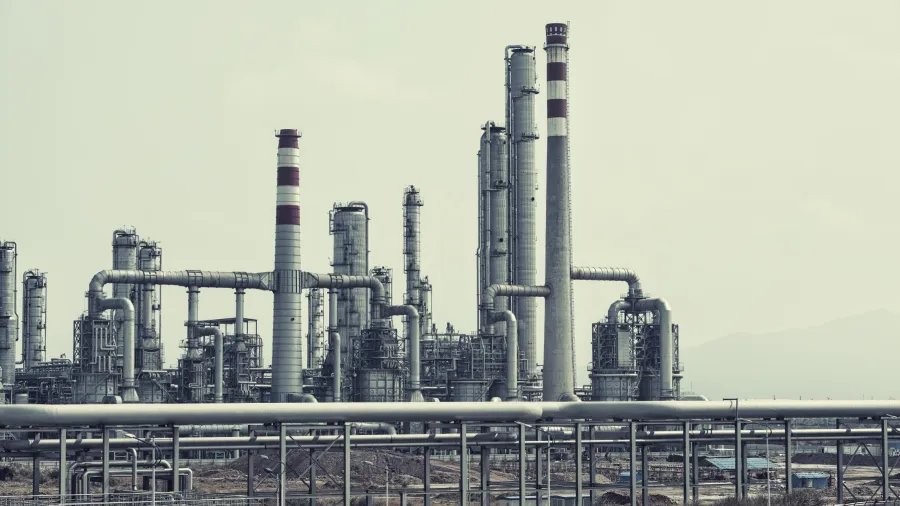
LNG demand in South Korea to remain high despite nuclear power expansion
The market will continue relying on LNG for primary backup fuel amidst its energy transition.
The demand for liquefied natural gas (LNG) in South Korea will continue to be strong despite the government’s stronger push to expand nuclear power, Fitch Solutions reported.
“Though LNG may no longer enjoy strong policy support from the current government, we anticipate the role of LNG will remain important for South Korea as a primary backup fuel to support energy transition if nuclear targets fail to materialise,” the report read in part.
Read more: Fresh push for nuclear power dims LNG expansion in South Korea
Under its 10th Basic Plan for Long-term Electricity Supply and Demand, the South Korean government sought to increase the share of nuclear power generation to 32.4% by 2030, and further up to 34.6% by 2036 from 27.4% in 2021.
Fitch flagged the plan provided to cut the share of LNG to 22.9% in 2030 and to 9.3% in 2036 from 29.2% in 2021.
“Additionally, any upside to increase in LNG demand and imports over the coming years will be significant if the government accelerates phasing out coal-fired plants, which are increasingly under pressure to cut operating rates in order to reduce emissions,” Fitch noted.

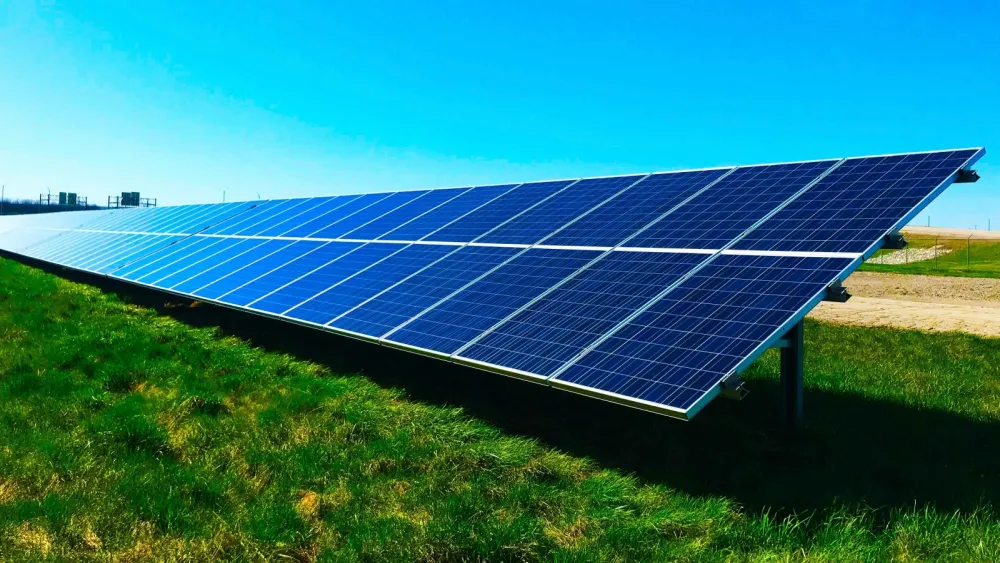
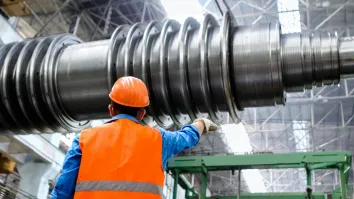
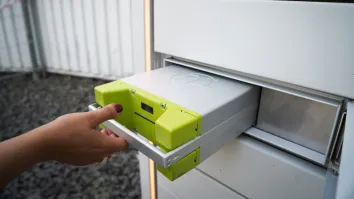
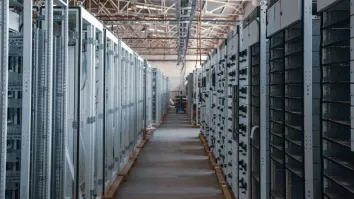
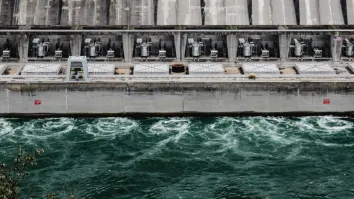













 Advertise
Advertise







